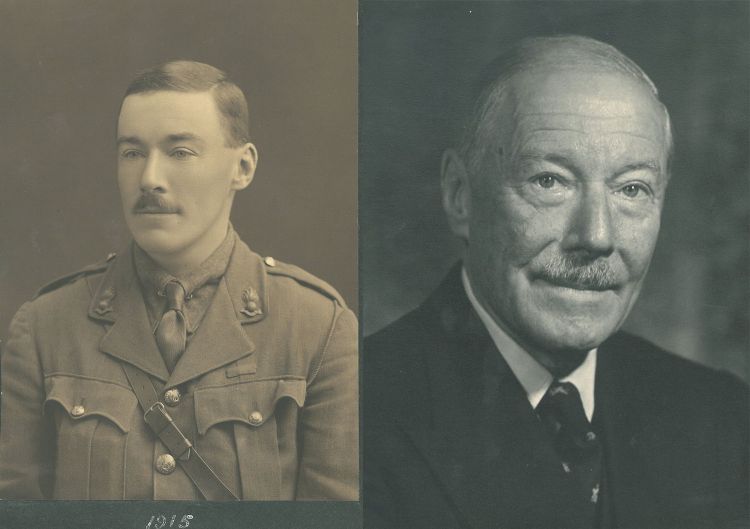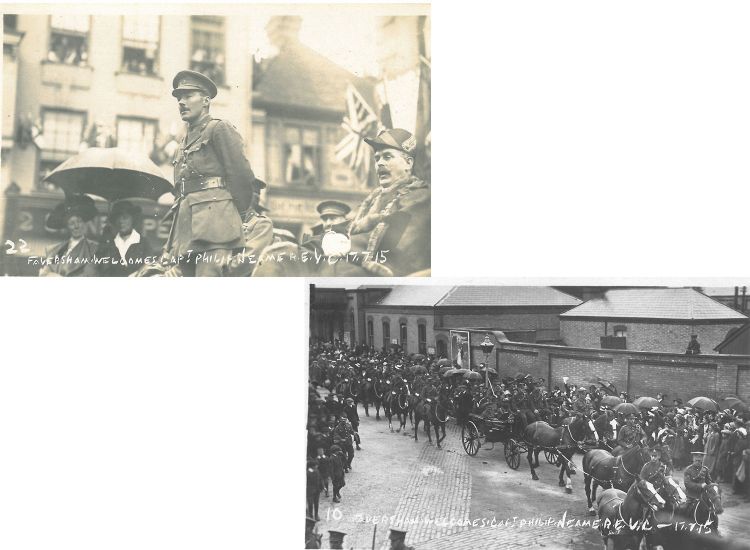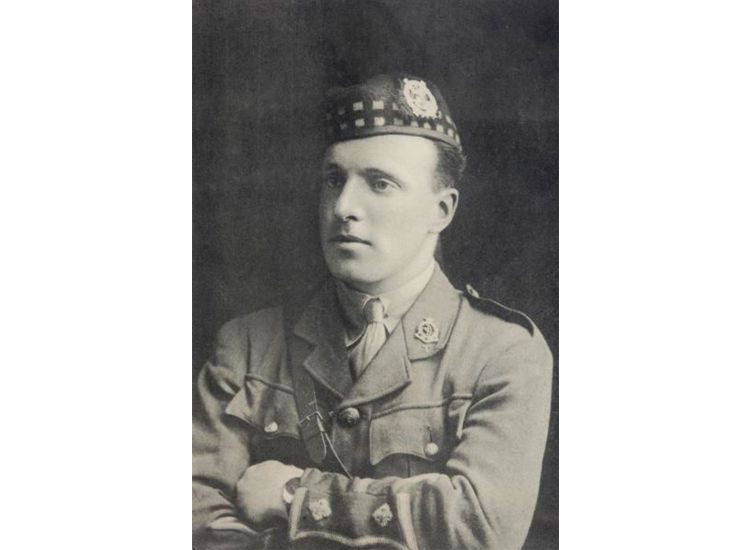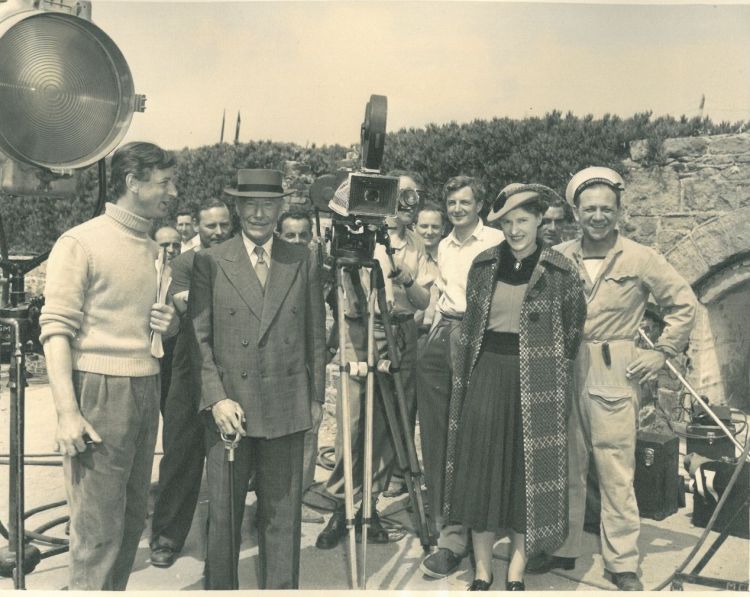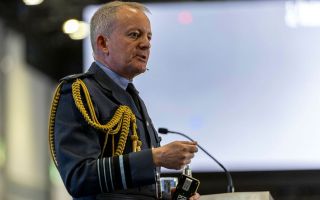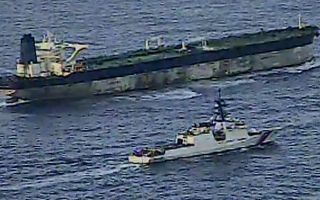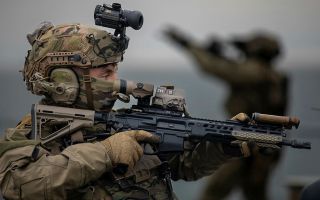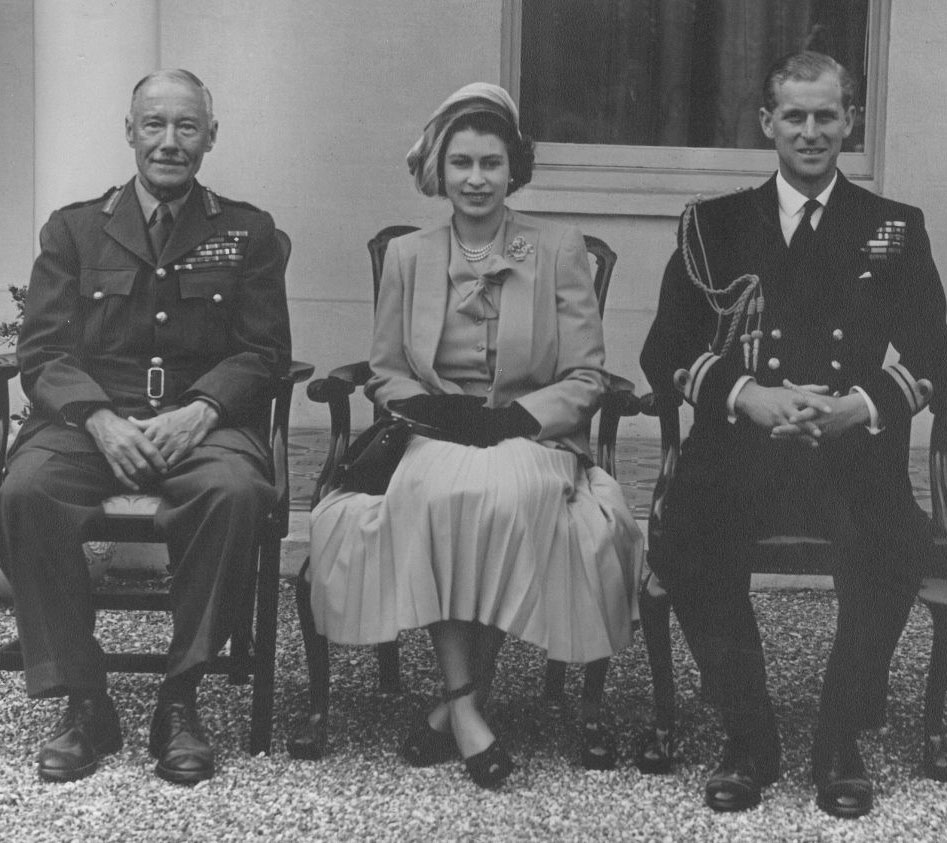
Tri-Service
How A British Army Officer Won Olympic Gold - And The VC

Military men and women are often described as being a breed apart, for the risks they take without a second’s hesitation.
The drive and discipline which makes them succeed in the services has also helped them excel in other fields – such as competitive sport.
Nowadays, we wonder how anyone would have the time… But back in the early 20th century one athlete served as a British Army officer in two World Wars – being decorated with the highest gallantry award in the first, and facilitating escapes for fellow POWs in the second.
He also won an Olympic gold medal - and was a whizz with home-made bombs.
Meet Lieutenant General Sir Philip Neame VC, KBE, CB, DSO, KStJ.
As a young lieutenant in the Royal Engineers, Philip Neame found himself in the First Battle of Ypres in October 1914. The average lifespan of a 'sapper' at the front was a fortnight. In the trenches, Philip experienced first-hand the inferiority of British hand-grenades, compared to their German equivalents. So he set about creating an alternative.
Under his leadership, sappers spent the first winter of the Great War devising home-made grenades from empty jam tins filled with rivets, hobnails and loose metal. Improvised explosive devices.
By Christmas of 1914, Neame had just turned 26. It was when he won the highest honour for gallantry in the face of the enemy - the Victoria Cross. In action at Neuve Chapelle in France, Lieutenant Neame was asked by the commanding officer of a frontline infantry battalion to go forward and strengthen the defences in a recently captured German trench. He was later interviewed about the adventure:
"When I got there I saw the officer in command, who said the Germans were counter-attacking with bombs, that his own bombers had all been wounded and that the bombs that were left would not go off. I discovered that he could not light our bombs because the fuses were wet."
Of course, Neame knew how to ignite the jam-tin bombs, since he’d been responsible for making them.
Holding a match-head on the end of the fuse and striking a match box across it, Lieutenant Neame called for all the grenades available and single-handedly held off a German attack on two sides. His tactics involved popping up in differents part of the trench and hurling jam tins in all directions for 45 minutes, while his unit evacuated wounded men. He got the VC.
A civic ceremony and parade were held in Faversham town centre in 1915 to welcome Neame home and celebrate the award of his VC
Neame was also Mentioned in Despatches four times in the Great War, and awarded the Distinguished Service Order, the French Legion d'honneur, and the Croix de Guerre from both France and Belgium.
Between the wars, Phillip Neame found time for sport alongside his Army career, using his soldiering skills. He was a member of Great Britain's shooting team at the Paris Olympics of 1924. His team of four won the Running Deer event, making him the only Victoria Cross recipient to have won an Olympic gold medal. It’s difficult to imagine that ever being matched.
View post on imgur.comNeame's medal collection at the Imperial War Museum. Picture: Antoni Chmielowski
Another Olympian, who didn’t win a medal, subsequently became the most highly decorated British officer of the First World War. Captain Noel Godfrey Chevasse ran in the 400 metres at the 1908 London Olympics, along with his twin brother, but neither made it to the final.
An Army doctor, Noel Chevasse was the only person awarded the Victoria Cross twice in the Great War, for heroically treating wounded men under heavy fire in 1916; and again at Passchendaele in 1917. There, he continued to search for wounded comrades whilst injured himself. He didn’t survive surgery, and was awarded the Bar to his VC posthumously. He was 32.
Capt Noel Godfrey Chevasse is one of only three men to receive the Victoria Cross twice
By the time the Second World War broke out, Philip Neame was an experienced officer in his early fifties. He was appointed the Chief of the General Staff’s deputy, then served as a commander in Egypt and Palestine.
Neame with Carry On actor Sid James, in 1953, on the set of the film 'Seagulls Over Sorrento'
In 1941, his troops were outfought in North Africa by German forces under General Rommel. Neame was captured and held as a prisoner of war with fellow senior officers in Italy. Not forgetting his roots as a Royal Engineer, Philip Neame dug secret tunnels, through which several officers escaped. He wrote a manuscript of his memoirs in captivity, and hid it in a monastery when he was released after the Italian Armistice in September 1943.
View post on imgur.comPhilip Neame (centre) after his capture in North Africa
Lieutenant General Neame made it back to Britain on Christmas Day 1943, debriefing American General Eisenhower and Prime Minister Winston Churchill enroute. He remained on the Active List until the end of the war and subsequently served as Lieutenant Governor of Guernsey, until he was 65. He held various honorary appointments with Army regiments and died in Kent in 1978, in his 90th year. He was married with four children.
Philip Neame’s Victoria Cross is displayed with his other military medals at the Imperial War Museum in London.
With thanks to Nigel Neame for photography.
